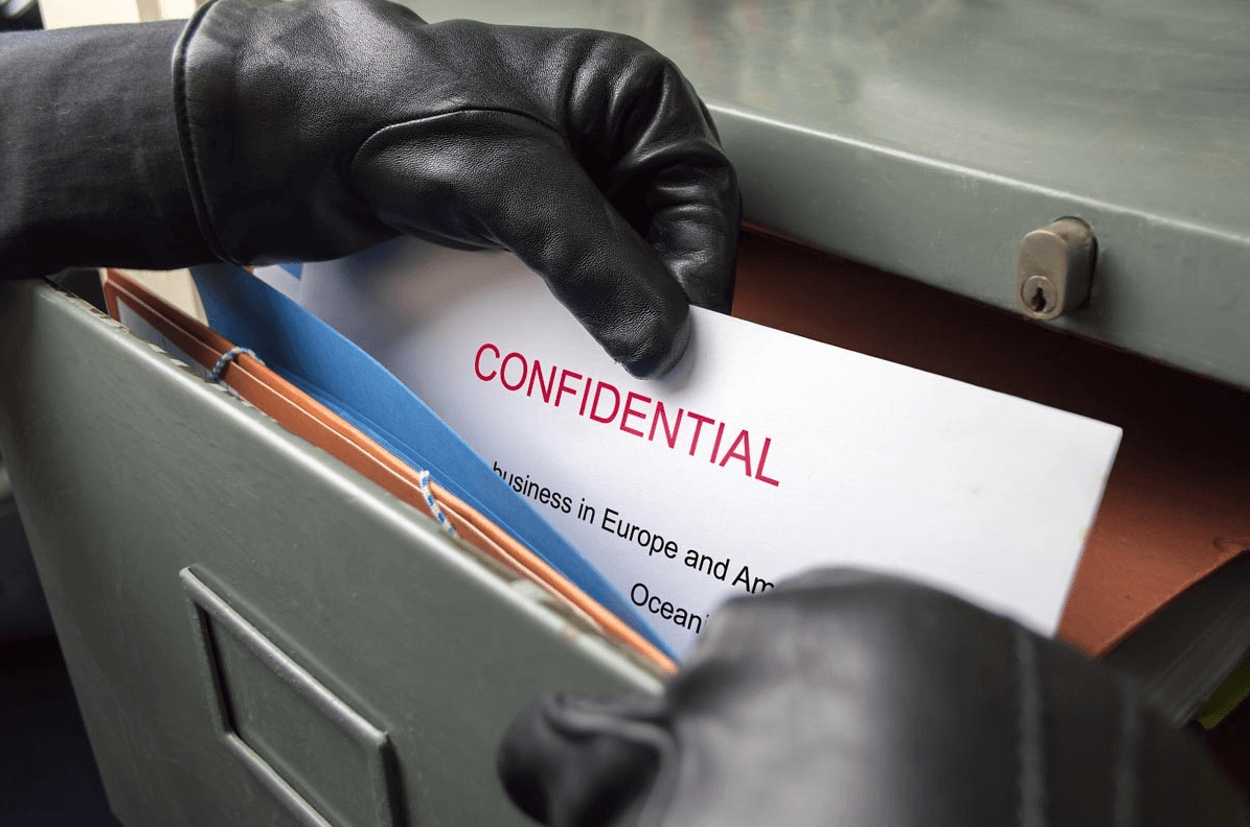“If Corporate Investigation were easy, it would be called an Inquiry.” — Suntel Analytics Expert.
This doesn’t mean you’re destined to face a complex process every time you undertake Corporate Investigation though. To wit, you’ll learn here, how to efficiently conduct a successful internal or external corporate investigation process.
In an age where scrutiny takes center stage in the corporate world, there is little to no room for negligence from corporate institutions. Unfortunately, this very factor is what most companies fall prey to by the activities of corporate sharks looking to put them out of business or acquire them to advance their competing interests.
These corporate sharks on the hunt for company blood will leave no stone unturned in trying to exterminate a company’s management, especially with the scrutiny support they get from multi-level/jurisdictional federal and state agencies like the U.S. Department of Justice, Securities and Exchange Commission, and State attorneys, to boot if any dirt’s found in a company’s operations.
So every day, you – a business manager or company director – have to figure a way out of this hurdle. Now, there are many ways you can choose to attack the problem. Still, the most efficient is discovering whatever may be wrong in your business operations before it becomes a big deal that tarnishes your corporate reputation. This is where Corporate investigation — the internal kind — comes to play.
In other situations, you may be a third party who needs to investigate a corporation or business to uncover wrongdoings by its management, employees, or other third parties. That there will require an external form of Corporate Investigation.
So, all in all, what does Corporate Investigation mean? It occurs when a company or third party investigates acts done by the company’s management or employees to uncover any wrongdoings that the company may have committed through its management or employees. Simple.
Now to the crux of this post — how do you, as a company or third party, get to conduct a successful corporate investigation? Here are the salient steps you must take:
- Swing to action as fast as possible
There’s a reason people say delay is dangerous and winners start early — it’s a universal principle that applies to all activities we undertake, including corporate investigation. Suppose your company catches wind of an ongoing spree of sexual assaults or harassment committed by an employee against their colleagues; you’d ordinarily be expected to swing to action, investigating the situation before the perpetrator’s able to cover their tracks or even discover that an investigation’s being carried out in the first place.
You can’t miss this foundational step in conducting a successful corporate investigation. In doing this, you’ll have to engage with an investigator and relevant people you’re confident will be instrumental in unraveling and compounding information needed to identify the guilt of a company or its employee and also instrumental in taking corrective measures against the company or employee accordingly.
- Choose a good Investigator
This is the first practical step to conducting a successful corporate investigation. If you’re running an internal or external investigation, it would most times be wise to seek professional assistance from a trained investigator.
Your investigator must have the requisite qualifications to handle your investigative needs efficiently. As such, you must thoroughly vet every person you plan to hire before hiring them for the job. If that process is too complex for you to manage, you can quickly get assistance from companies that can help lift that burden off your shoulders, like us at Suntel Analytics.
In case you didn’t know, what we do is simple — we research, identify and connect you with experts in various security fields that can address your security needs, whether physical or digital. The same applies to Corporate investigation. If you’re looking for a good investigator, look no further than through us — we work with well-experienced and examined experts in corporate investigation who can provide you with a guaranteed first-class experience throughout the investigation process.
The investigators we work with and will recommend to you for hire are professionals known for going above board to satisfy their clients, leaving you capable of resting assured that the best hands will handle your case.
To start the hiring process, you can easily schedule a brief and free consultation with us or contact us whenever you’re ready; we’ll be on ground to attend to your needs.
- Confidentiality
Confidentiality is a fundamental pillar in corporate investigation when a company or third party tries to investigate the acts of the company’s management or employees. Conducting a successful corporate investigation will require the company or third party keeping information acquired during the investigation discreet.

The reason for this is apparent — if a corporation or its employee being investigated figures out that certain information has been acquired about them, it ruins the authenticity of the investigation. So to keep your corporate investigation authentic, untainted and successful, the information you obtain must be kept confidential until the investigative process is done.
However, you, being the investigator, may also decide, at times, to divulge some information to the corporation or its employee in the interest of fairness.
- Design an investigation blueprint for present and futuristic purposes
Designing an investigation blueprint is essential to a successful corporate investigation as it defines the scope of techniques and factors to be considered during the investigative process.
For an internal investigation, the investigation blueprint will typically align with company policies and, in the same way for an external investigation, will answer questions on the type of matter being investigated, who will supervise the investigation, whether there are confidentiality concerns, documents and data to be reviewed, among others.
The benefits of this will be proper planning for the investigative process — ensuring the investigation stays on course at all times, on schedule, free of loopholes, and does not take more than a necessary amount of company expenditure to be realized successfully.
- Conduct Interviews
Every investigation aims to gather information; the most basic way to do that is by asking people questions. The same applies to achieving a successful corporate investigation. When conducting a corporate investigation, you and your investigator should look to interview people who have been wronged by a company’s unlawful acts or people who have been victims of the wrongdoings of an employee within a work setting. On the other hand, you may also want to interview the company or employee accused of the wrongdoing.

Sometimes, you will also want to interview witnesses — others who may have seen or heard something important. When you interview people, the goal should be to elicit as much information as possible by asking open-ended questions.
- Documenting results and actionable insights
The final piece in the corporate investigation puzzle is documenting the findings obtained from the investigation. Typically, the document you receive from your hired investigator will indicate newly discovered and already known facts, like the set of incidents investigated and the dates of occurrence, the parties involved, relevant company policies considered during the investigative process, and witness reports, to mention a few.
Also, the document will contain actionable insights into how you can best handle the results of the investigation, in other words, what next steps you should take based on the findings gained from the investigation. These could include figuring out new strategies to cover loopholes or gaps in your company’s policies and undertaking further training for employees to prevent future corporate breaches, among others.
The documented report will be primarily essential during trial processes with external adjudicatory bodies as it serves as solid evidence to these bodies that your company underwent the due process required to conduct a proper investigation — internal or external.
These are some steps you must take to conduct a successful corporate investigation. If you require professional assistance in conducting a corporate investigation, you can always reach out to us at Security Pro — we’re your one-stop shop for the best hands the security industry has to offer to handle your investigative needs.



